A new study published in JAMA Network Open has found no significant changes in brain function among adults who used cannabis for medical purposes over the course of a year. This finding adds new insights into the ongoing debate surrounding the neurological impacts of medical cannabis use, particularly as its legalization and usage continue to rise in the U.S.
Key Findings:
- The study followed adults who were new to using medical cannabis after obtaining a medical cannabis card. Over the year, participants engaged in brain scans while performing tasks designed to measure memory, reward response, and impulse control.
- Despite frequent cannabis use for medical reasons, the research team found no significant changes in brain activation during these cognitive tasks between baseline (pre-cannabis use) and one year later.
- Importantly, cannabis use frequency did not appear to affect brain function during the tasks over time.
The study, led by researchers from Massachusetts General Hospital, aimed to assess whether regular cannabis use for symptoms like anxiety, depression, pain, or insomnia affected key cognitive processes such as working memory, reward processing, and inhibitory control. Using functional magnetic resonance imaging (fMRI), the researchers scanned the brains of adults who had newly obtained medical cannabis cards (MCCs) and compared their brain activity at the start and after one year of use.
The results were surprising: no statistically significant differences in brain activation were found over the course of the year. Whether participants used cannabis frequently or infrequently, there was no detectable change in how their brains activated during cognitive tasks. This suggests that light to moderate cannabis use for medical symptoms does not dramatically impact cognitive functioning in these areas.
Medical Cannabis Use on the Rise
With more than 38 states and the District of Columbia having legalized medical cannabis, and patient enrollment in these programs increasing rapidly, there’s growing interest in understanding the long-term effects of cannabis on the brain. The researchers set out to fill a gap in the literature, noting that most previous studies have focused on recreational or heavy cannabis users, particularly adolescents. This study is among the first to track adults using cannabis specifically for medical purposes.
The study’s results challenge some common concerns about cannabis, particularly its association with cognitive decline. Earlier research has indicated that chronic cannabis use, especially in young people, can lead to issues in memory, decision-making, and self-control. However, this study suggests that adults using cannabis for medical reasons—at least in light to moderate amounts—may not experience the same cognitive impacts often seen in recreational users.
Dr. Jodi Gilman, one of the study’s lead authors, noted that this distinction is crucial: “Cannabis use in a medical context is often different from recreational use. People are typically seeking relief from specific symptoms rather than using high doses regularly for recreational purposes. Our findings suggest that this group may not experience significant changes in key brain functions over time.”
Implications for Medical Cannabis Users
For individuals using cannabis for medical reasons, this study offers some reassurance. The absence of significant changes in brain activity implies that light to moderate cannabis use for managing medical symptoms might not be as risky for cognitive function as once thought.
However, the researchers caution that more studies are needed, particularly those involving higher doses or more frequent use, as well as studies in younger populations or those with more diverse demographics. This study focused mainly on older, predominantly white adults, which limits its generalizability.
What’s Next?
This study opens up several avenues for future research. While the findings are promising, the authors emphasize that cannabis’ impact on the brain is complex and can be influenced by factors such as dosage, frequency, age of onset, and the type of cannabis product used. For instance, cannabis products in medical dispensaries vary widely in their THC and CBD content, which may have different effects on the brain.
There are also calls for more comprehensive studies that look at specific medical conditions, as the impacts of cannabis could vary depending on whether it's used to treat anxiety, pain, or insomnia. As cannabis use continues to grow—both medically and recreationally—understanding these nuances will be critical for healthcare providers, policymakers, and patients alike.
While this study offers encouraging news for medical cannabis users, particularly those using it to manage symptoms like pain and anxiety, it also raises important questions about the broader effects of cannabis. As cannabis becomes an increasingly popular treatment option, researchers and healthcare professionals will need to dig deeper into how different patterns of use might impact the brain, especially over the long term.
For now, the message is clear: for adults using cannabis for medical purposes, light to moderate use over a year does not appear to significantly alter key cognitive functions like memory, decision-making, or impulse control. However, as the lead researcher cautioned, “we’re just beginning to scratch the surface of what we know about cannabis and the brain.”
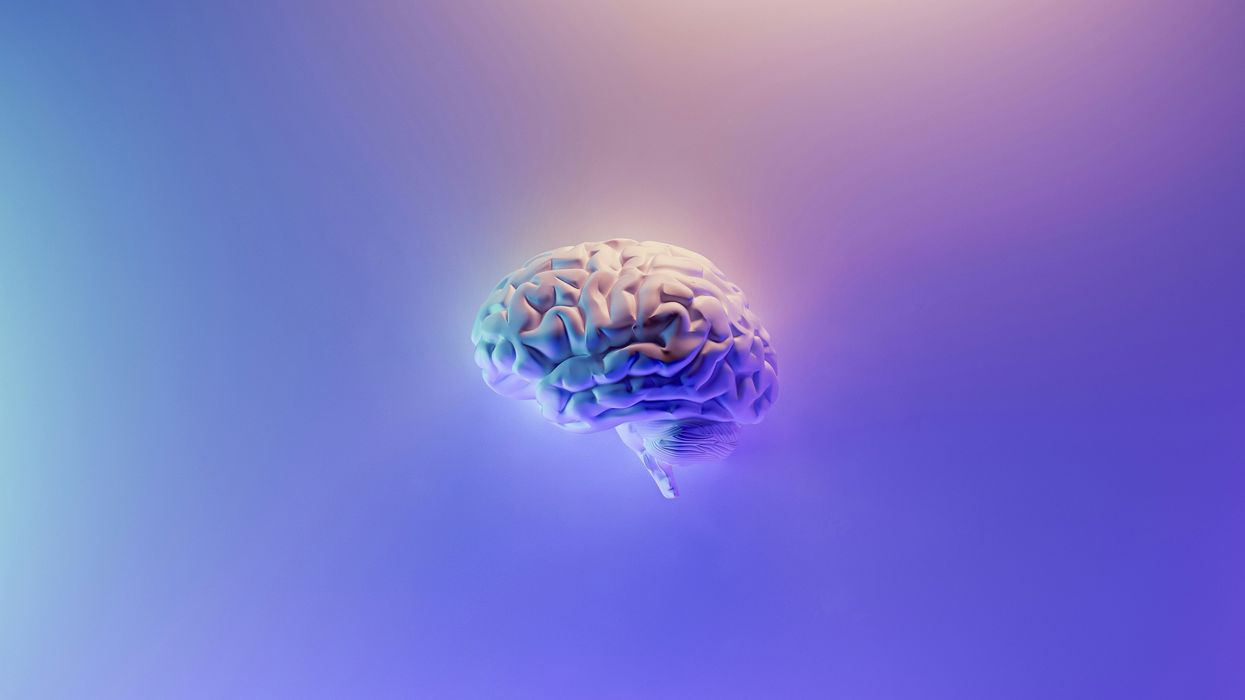













 The Truth About THC Candle: Cannabis Candles & How to Make Your Own - The Bluntness
Photo by
The Truth About THC Candle: Cannabis Candles & How to Make Your Own - The Bluntness
Photo by 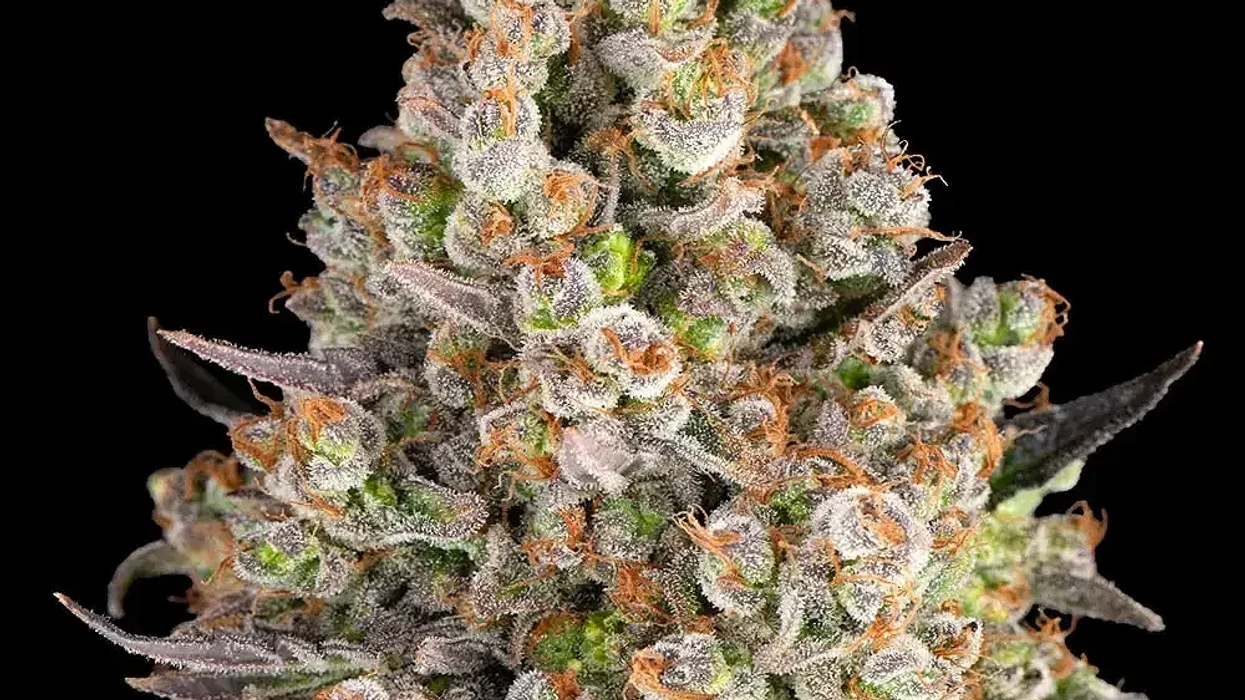
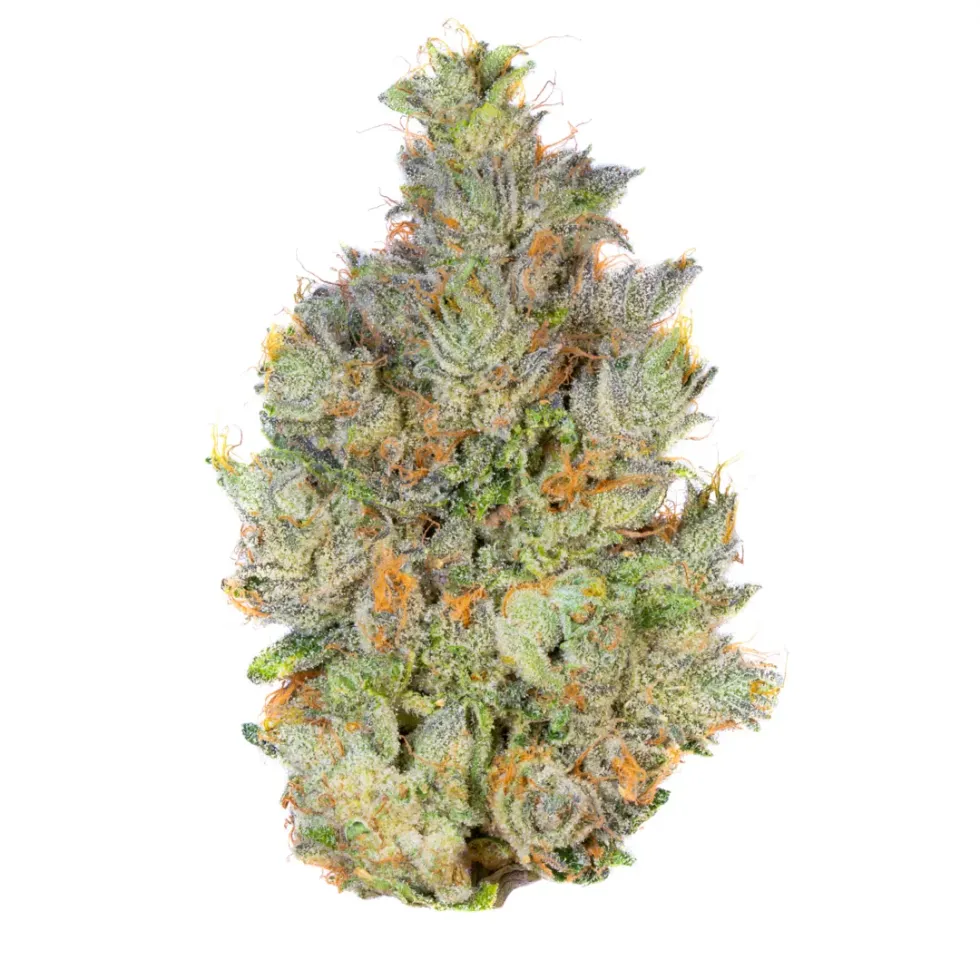 OG Kush Strain: The West Coast Classic That Defined a Generation - The BluntnessAlien Labs
OG Kush Strain: The West Coast Classic That Defined a Generation - The BluntnessAlien Labs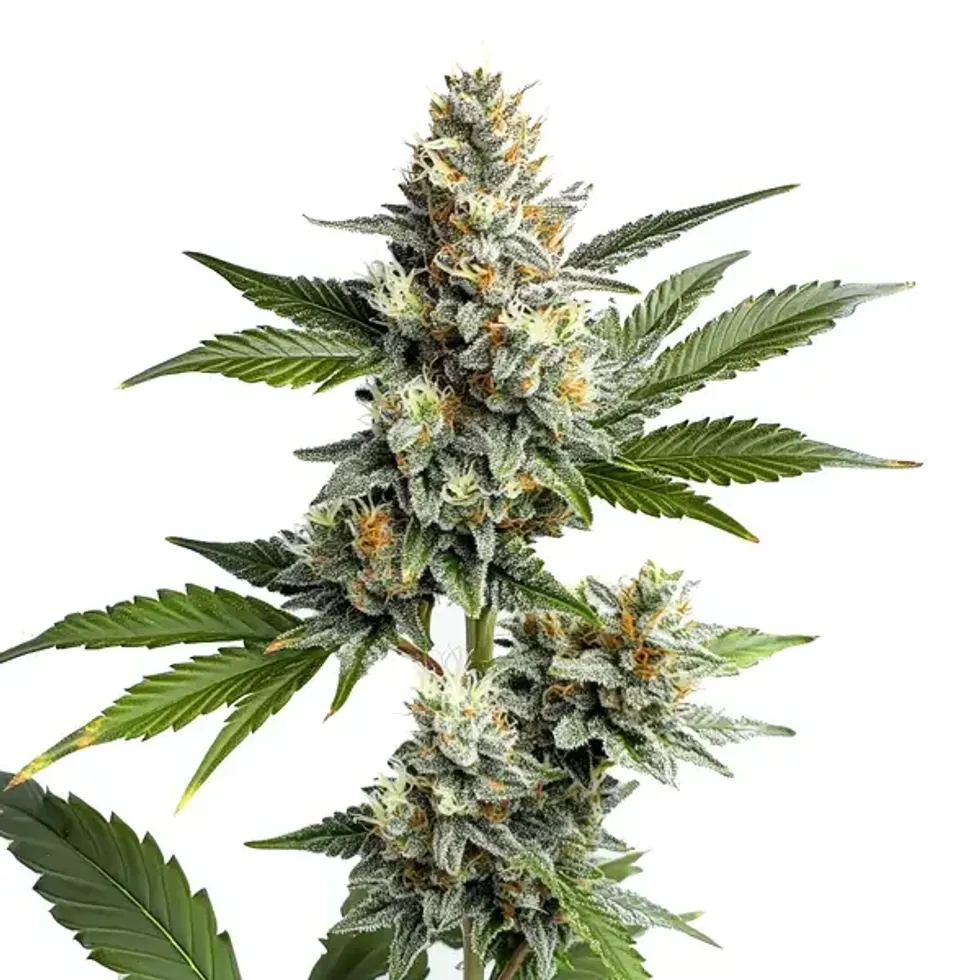 OG Kush Strain: The West Coast Classic That Defined a Generation - The Bluntness
OG Kush Strain: The West Coast Classic That Defined a Generation - The Bluntness
 What will you do with that cannabis kief collection? - Make Coffee! The Bluntness
What will you do with that cannabis kief collection? - Make Coffee! The Bluntness DIY: How to Make Kief Coffee - The Bluntness
Photo by
DIY: How to Make Kief Coffee - The Bluntness
Photo by 
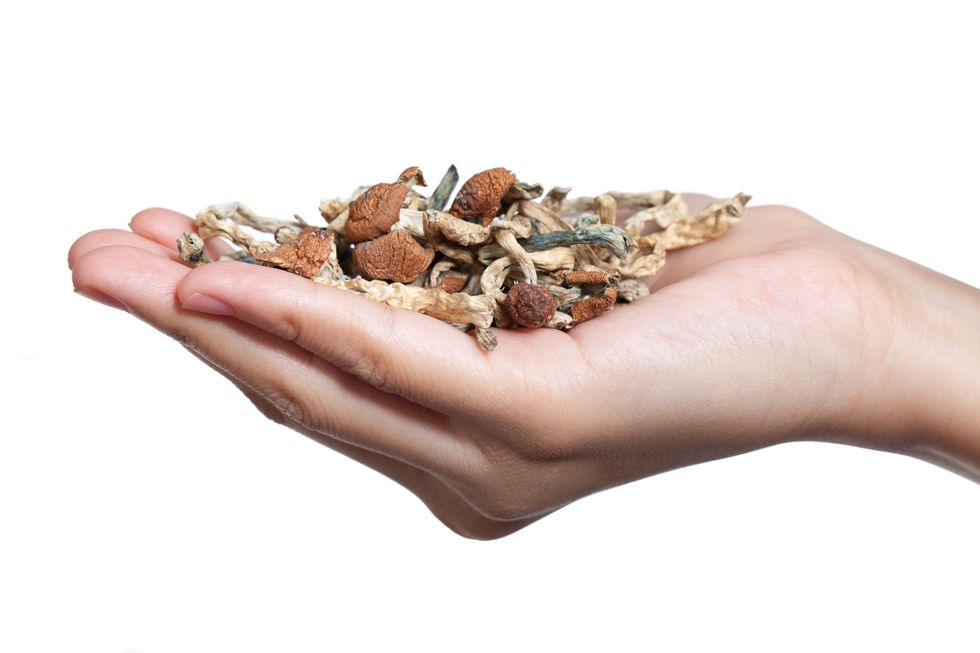 How to Make Mushroom Tea - The Bluntness
null
How to Make Mushroom Tea - The Bluntness
null
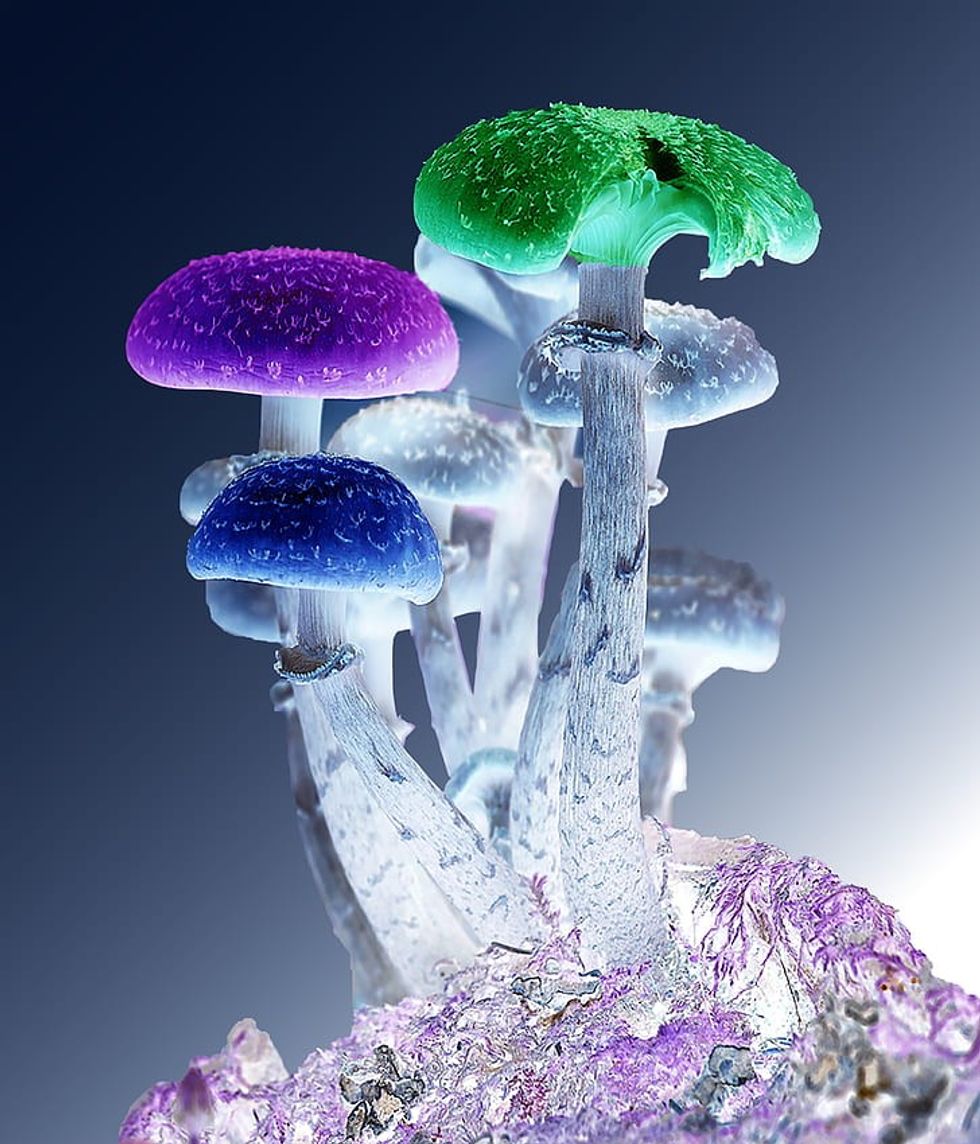 How to Make Mushroom Tea - The Bluntness
www.pickpik.com
How to Make Mushroom Tea - The Bluntness
www.pickpik.com